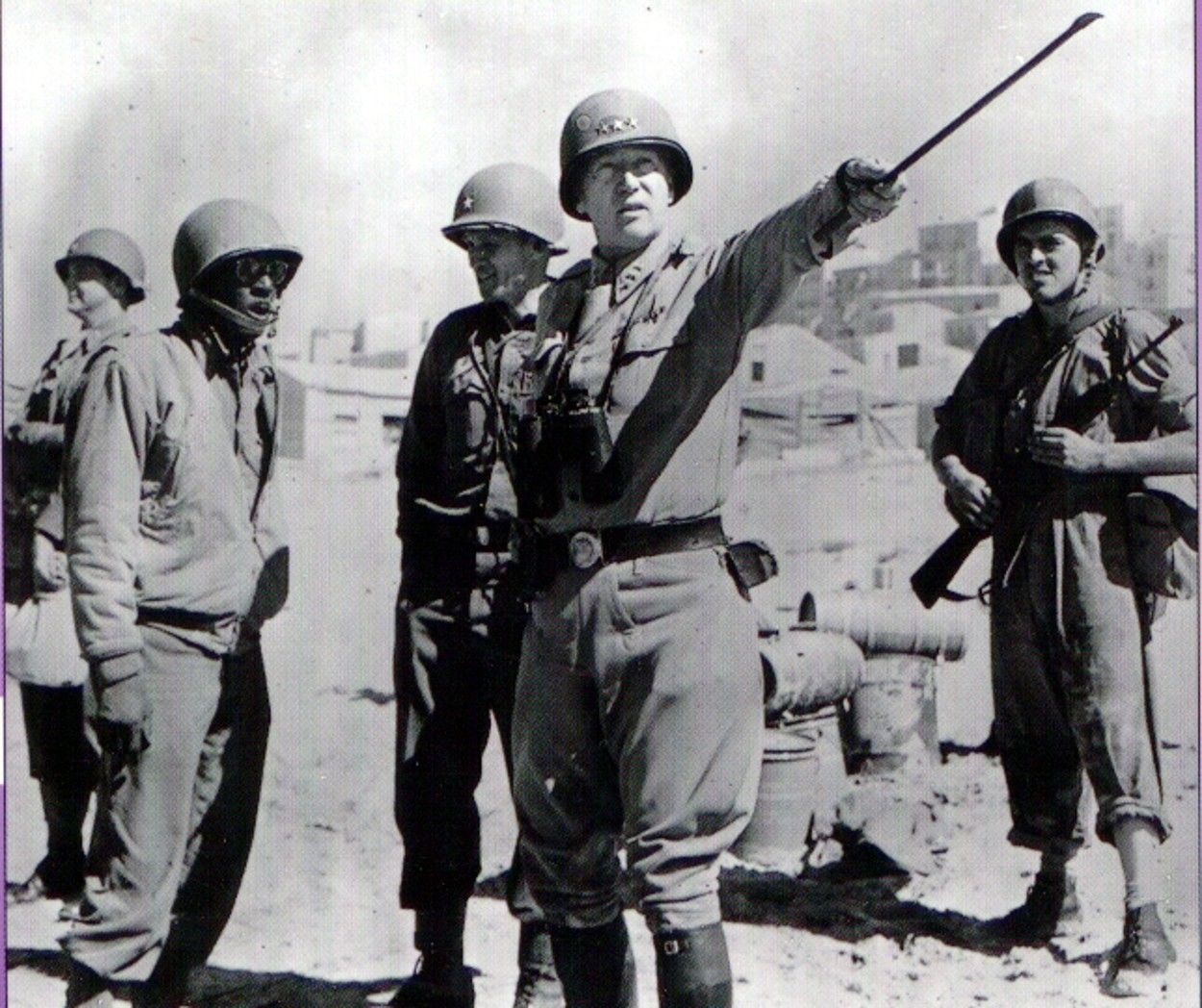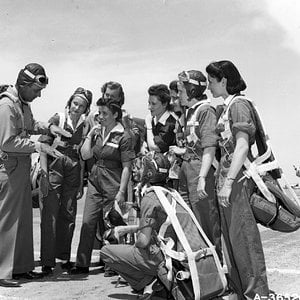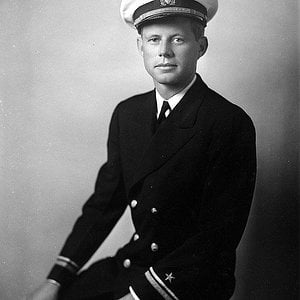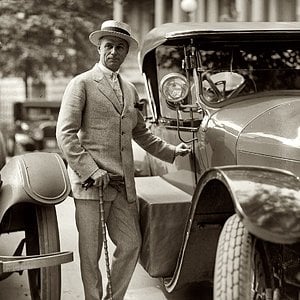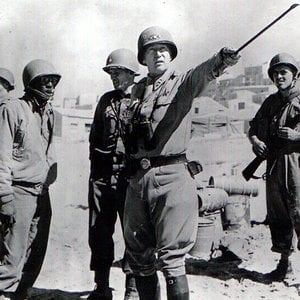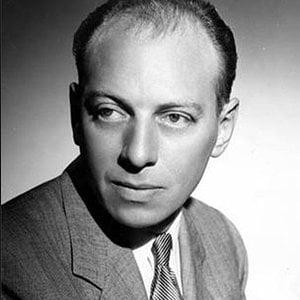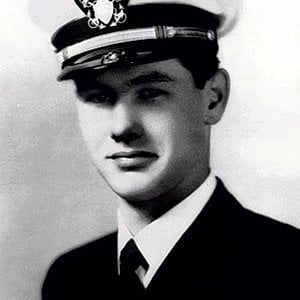Navigation
Install the app
How to install the app on iOS
Follow along with the video below to see how to install our site as a web app on your home screen.
Note: This feature may not be available in some browsers.
More options
You are using an out of date browser. It may not display this or other websites correctly.
You should upgrade or use an alternative browser.
You should upgrade or use an alternative browser.
Patton: Right Man At The Wrong Time
Patton. An American general that even the Germans admired. Some say if he had been in Eisenhower's place, Allied troops would have entered Berlin six months earlier. And may be the American army would have soon after fought the Red Army......
Patton foresaw that Soviet Russia would become a threat to America. He wanted to ally with the Germans (not Nazi) to fight the communists. He had a major 'flaw' in the then prevailing conditions; he was anti-Semitic.
At the end of World War II, one of America's top military leaders accurately assessed the shift in the balance of world power which that war had produced and foresaw the enormous danger of communist aggression against the West. Alone among U.S. leaders he warned that America should act immediately,while her supremacy was unchallengeable, to end that danger. Unfortunately, his warning went unheeded, and he was quickly silenced by a convenient "accident" which took his life.
Thirty-two years ago, in the terrible summer of 1945, the U.S. Army had just completed the destruction of Europe and had set up a government of military occupation amid the ruins to rule the starving Germans and deal out victors' justice to the vanquished. General George S. Patton, commander of the U.S. Third Army, became military governor of the greater portion of the American occupation zone of Germany.
It was only in the final days of the war and during his tenure as military governor of Germany -- after he had gotten to know both the Germans and America's "gallant Soviet allies" -- that Patton's understanding of the true situation grew and his opinions changed. In his diary and in many letters to his family, friends, various military colleagues, and government officials, he expressed his new understanding and his apprehensions for the future. His diary and his letters were published in 1974 by the Houghton Mifflin Company under the title The Patton Papers.
Several months before the end of the war, General Patton had recognized the fearful danger to the West posed by the Soviet Union, and he had disagreed bitterly with the orders which he had been given to hold back his army and wait for the Red Army to occupy vast stretches of German, Czech, Rumanian, Hungarian, and Yugoslav territory, which the Americans could have easily taken instead.
Patton. An American general that even the Germans admired. Some say if he had been in Eisenhower's place, Allied troops would have entered Berlin six months earlier. And may be the American army would have soon after fought the Red Army......
Patton foresaw that Soviet Russia would become a threat to America. He wanted to ally with the Germans (not Nazi) to fight the communists. He had a major 'flaw' in the then prevailing conditions; he was anti-Semitic.
At the end of World War II, one of America's top military leaders accurately assessed the shift in the balance of world power which that war had produced and foresaw the enormous danger of communist aggression against the West. Alone among U.S. leaders he warned that America should act immediately,while her supremacy was unchallengeable, to end that danger. Unfortunately, his warning went unheeded, and he was quickly silenced by a convenient "accident" which took his life.
Thirty-two years ago, in the terrible summer of 1945, the U.S. Army had just completed the destruction of Europe and had set up a government of military occupation amid the ruins to rule the starving Germans and deal out victors' justice to the vanquished. General George S. Patton, commander of the U.S. Third Army, became military governor of the greater portion of the American occupation zone of Germany.
It was only in the final days of the war and during his tenure as military governor of Germany -- after he had gotten to know both the Germans and America's "gallant Soviet allies" -- that Patton's understanding of the true situation grew and his opinions changed. In his diary and in many letters to his family, friends, various military colleagues, and government officials, he expressed his new understanding and his apprehensions for the future. His diary and his letters were published in 1974 by the Houghton Mifflin Company under the title The Patton Papers.
Several months before the end of the war, General Patton had recognized the fearful danger to the West posed by the Soviet Union, and he had disagreed bitterly with the orders which he had been given to hold back his army and wait for the Red Army to occupy vast stretches of German, Czech, Rumanian, Hungarian, and Yugoslav territory, which the Americans could have easily taken instead.

